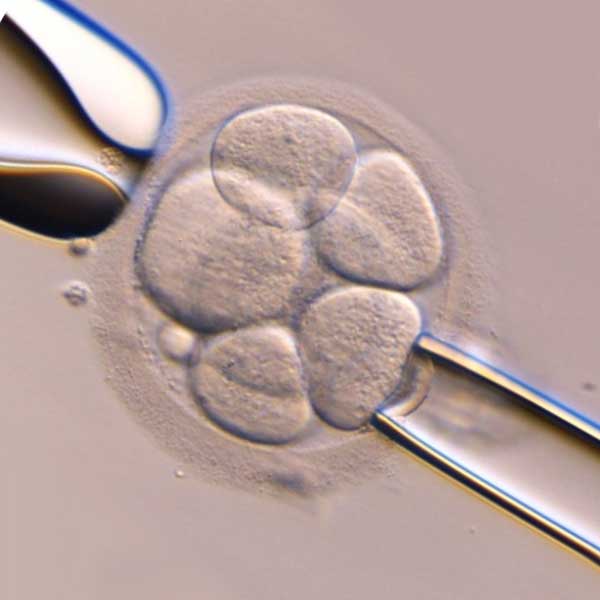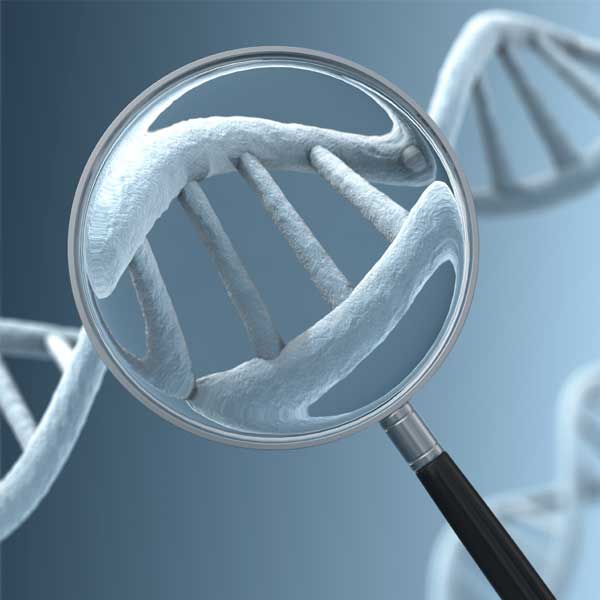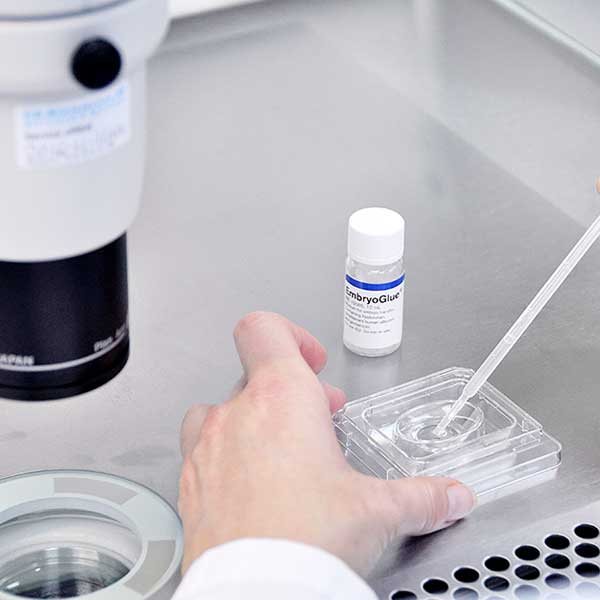Assisted Hatching in Chennai is a specialized fertility technique used to improve the chances of embryo implantation during an in vitro fertilization (IVF) cycle. This procedure is particularly beneficial for individuals facing difficulties with embryo implantation or recurrent implantation failures. The primary goal of Assisted Hatching in Chennai is to enhance the embryo’s ability to hatch from its protective outer layer, known as the zona pellucida, and successfully implant into the uterine lining.
The technique involves creating a small opening in the zona pellucida using advanced methods such as laser technology. This helps the embryo escape from its outer shell and adhere to the uterine wall more effectively. Assisted Hatching in Chennai is often recommended for patients with certain conditions such as advanced maternal age, thick zona pellucida, or previous IVF failures. By improving the embryo’s chances of implantation, this technique can significantly increase the likelihood of a successful pregnancy.
Embryo implantation is a complex procedure and requires the alignment of numerous factors. In the natural process, an egg and sperm fuse to form an embryo. The embryo travels through the fallopian tube and reaches the uterus. The inner lining of the uterus prepares to increase the receptiveness to implant the embryo for future development. This is achieved by the high levels of female hormones produced during the period and thus increasing the stickiness of the inner uterine cavity to prevent the drifting of the embryo. The embryo is enclosed in a protein outer layer that becomes thin and allows the fusion of embryo cells and uterine lining to form the placenta.
In an IVF cycle, the egg and sperm fuse and fertilize to form an embryo under controlled laboratory conditions. When the embryo reaches the blastocyst stage, it is transferred into the uterine cavity for implantation. In some cases, the embryo may not have the ability to implant in the tissue lining, thus resulting in pregnancy loss. Numerous factors can contribute to implantation failure, including the inability of the embryo to hatch out from the outer protein case.
For those who experience recurrent implantation failure, Rathimed Fertility Centre offers the most advanced and effective treatment modality to facilitate the implantation of the embryo without fail. This is achieved through Assisted Hatching in Chennai, which involves making a small hole in the outer protein layer of the embryo before transferring it into the uterine cavity. This helps the embryo to ooze out from the outer case, thus aiding in implantation and development in the uterus.
Assisted Hatching in Chennai is a procedure performed to help the embryo implant into the uterine cavity for development. The embryo is enclosed in a protein layer known as the zona pellucida. Assisted Hatching in Chennai makes it easier for the embryo to hatch out from the protein case and fuse with the cells of the endometrial lining for implantation.
At Rathimed Fertility Centre, we opt for the laser-assisted hatching procedure, a safer, more secure, and precise technique with minimal exposure of the embryo to physical manipulation. Laser-assisted hatching is useful to increase the chances of pregnancy by helping in the implantation of embryos in the uterine wall.
Laser-Assisted Hatching in Chennai is suggested to patients who have undergone the following conditions:
- Recurrent implantation failure
- Using frozen embryo transfer
- High maternal age
- High Follicle Stimulating Hormone (FSH) level in the female partner
- Thick protein layer coating of the embryo
- Poor growth of the embryo
Advantages of Assisted Laser Hatching
- Aids hatching of the embryo from its outer shell and implantation in the uterine wall
- Laser beams dissolve the embryo’s outer shell with very precise increments
- Requires less handling and minimal exposure to physical manipulation
- Safe and faster technique
- Beneficial for women with high maternal age (30-35 years) after repeated implantation failure
Rathimed Fertility Centre boasts a team of skilled and experienced fertility specialists to perform all assisted reproductive technology procedures. Our clinicians work to set clear goals for developing patient-oriented individualized treatment strategies and strive to optimize your odds of conception in every in vitro fertilization cycle. Assisted Hatching in Chennai is a safe and effective tool to stimulate successful embryo implantation.
Indication for Assisted Hatching in Chennai
Assisted Hatching in Chennai is a technique used to enhance the chances of successful embryo implantation during IVF treatments. It is typically indicated in the following situations:
- Advanced Maternal Age: Women over the age of 35 may have embryos with thicker zona pellucida (the outer layer of the embryo), which can make it more challenging for the embryo to hatch and implant. Assisted Hatching in Chennai helps facilitate this process.
- Previous IVF Failures: Couples who have experienced multiple failed IVF cycles despite good-quality embryos may benefit from Assisted Hatching in Chennai. This technique can help embryos that struggle to break through the zona pellucida and implant properly.
- Thickened Zona Pellucida: If the zona pellucida is unusually thick, it can inhibit the embryo’s ability to hatch. Assisted Hatching in Chennai involves creating a small opening in the zona to assist the embryo in hatching.
- Embryo Quality Concerns: Embryos that are not developing optimally or showing signs of poor quality might benefit from Assisted Hatching in Chennai to improve their chances of implantation.
- Certain Medical Conditions: Women with specific medical conditions or previous surgeries that may affect the embryo’s implantation ability might be recommended Assisted Hatching in Chennai.
Risks of Assisted Hatching
While Assisted Hatching in Chennai can be beneficial, it is essential to consider potential risks:
- Embryo Damage: The process of creating an opening in the zona pellucida carries a risk of causing damage to the embryo, which could affect its viability. Assisted Hatching in Chennai is performed with precision to minimize this risk.
- Increased Risk of Multiple Pregnancies: By improving the chances of embryo implantation, there is a higher likelihood of multiple embryos implanting, which could lead to a higher risk of multiple pregnancies.
- Procedure Complications: Although rare, there is a small risk of complications during the procedure, including potential issues with embryo handling and transfer.
- No Guarantee of Success: Assisted Hatching in Chennai does not guarantee a successful pregnancy. The technique improves the chances of implantation but does not address all factors affecting IVF success.
- Additional Costs: The procedure may involve additional costs that are not always covered by insurance. It is important to consider these financial aspects before proceeding with Assisted Hatching in Chennai.
Discussing these indications and risks with a fertility specialist in Chennai can help determine whether Assisted Hatching is the right approach for improving IVF outcomes based on individual circumstances.
Conclusion
Assisted Hatching in Chennai offers a valuable solution for enhancing embryo implantation rates in IVF treatments. By using advanced techniques to facilitate the embryo’s hatching process, fertility specialists in Chennai can help overcome common barriers to successful implantation. This procedure is especially useful for individuals who have faced repeated implantation failures or have specific reproductive challenges. At leading fertility centers, Assisted Hatching in Chennai is performed with precision and care, aiming to maximize the chances of a successful pregnancy and improve overall outcomes in assisted reproductive technologies.




